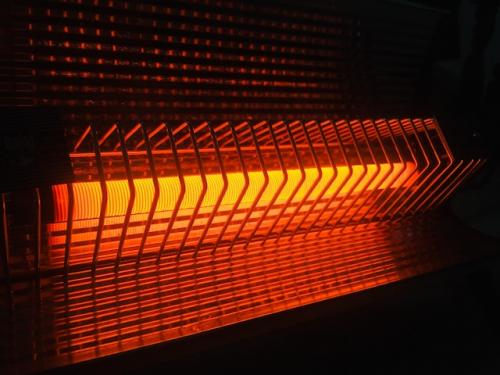Choosing the Right Electric and Duct Heaters

Selecting the appropriate electric and duct heaters for your industrial or commercial application is a critical decision that can significantly impact performance, efficiency, and operational costs. With a plethora of options available in the market, it's essential to understand the key factors that influence the selection process. This comprehensive guide will walk you through the considerations and criteria for choosing the right electric and duct heaters tailored to your specific needs.
1. Understanding Your Heating Requirements
Before delving into the selection process, it's crucial to have a clear understanding of your heating requirements. Consider factors such as the type of medium to be heated (e.g., air, water, oil), the desired temperature range, heating capacity, and the intended application. This initial assessment will serve as a foundation for evaluating different heater options and determining the most suitable solution.
2. Types of Electric Heaters
Electric Heater come in various types, each designed for specific heating applications. Common types include immersion heaters, circulation heaters, coil heaters, and infrared heaters. Immersion heaters are submerged directly into the medium to be heated, while circulation heaters circulate the medium through a heating element. Coil heaters provide rapid heating for localized applications, while infrared heaters emit radiant heat. Understanding the characteristics and advantages of each type will help you make an informed decision.
3. Factors to Consider in Duct Heaters
When it comes to duct heaters, several factors must be taken into account. These include airflow velocity, temperature rise, pressure drop, heater size and watt density, material compatibility, and safety features. Duct heaters should be selected based on their ability to meet the heating requirements of the duct system while maintaining optimal airflow and efficiency.
4. Energy Efficiency and Cost Considerations
Energy efficiency is a crucial consideration in heater selection, as it directly impacts operating costs and environmental sustainability. Look for electric and duct heaters with high thermal efficiency ratings and energy-saving features such as programmable controllers, variable-speed fans, and insulation enhancements. While upfront costs are important, it's essential to consider the long-term savings potential and return on investment offered by energy-efficient heaters.
5. Safety and Compliance Standards
Safety is paramount when selecting electric and duct heaters, particularly in industrial environments where hazardous conditions may exist. Ensure that the chosen heaters comply with relevant safety standards and regulations, such as UL (Underwriters Laboratories) listings and NEC (National Electrical Code) requirements. Additionally, consider safety features such as overheat protection, short circuit protection, and corrosion-resistant construction to mitigate potential risks.
6. Ease of Installation and Maintenance
Opt for electric and Duct Heater that are easy to install, operate, and maintain to minimize downtime and maintenance costs. Look for heaters with simple mounting options, accessible controls, and modular designs that facilitate installation and servicing. Additionally, choose heaters from reputable manufacturers known for their reliability, quality, and customer support to ensure a smooth installation and ongoing maintenance process.
7. Customization and Flexibility
Every heating application is unique, and having the ability to customize heaters to meet specific requirements is invaluable. Look for manufacturers that offer customization options such as tailored wattage, voltage, dimensions, and materials to accommodate diverse applications and environments. Flexibility in heater design ensures that you can address specific heating challenges effectively and optimize performance.
Conclusion
In conclusion, selecting the right electric and duct heaters involves a thorough assessment of your heating requirements, understanding the different types of heaters available, considering energy efficiency and cost factors, prioritizing safety and compliance, evaluating ease of installation and maintenance, and seeking customization and flexibility options. By taking these factors into account and working with trusted suppliers, you can ensure that your chosen heaters deliver optimal performance, efficiency, and reliability for your industrial or commercial heating needs.
Post Your Ad Here
Comments